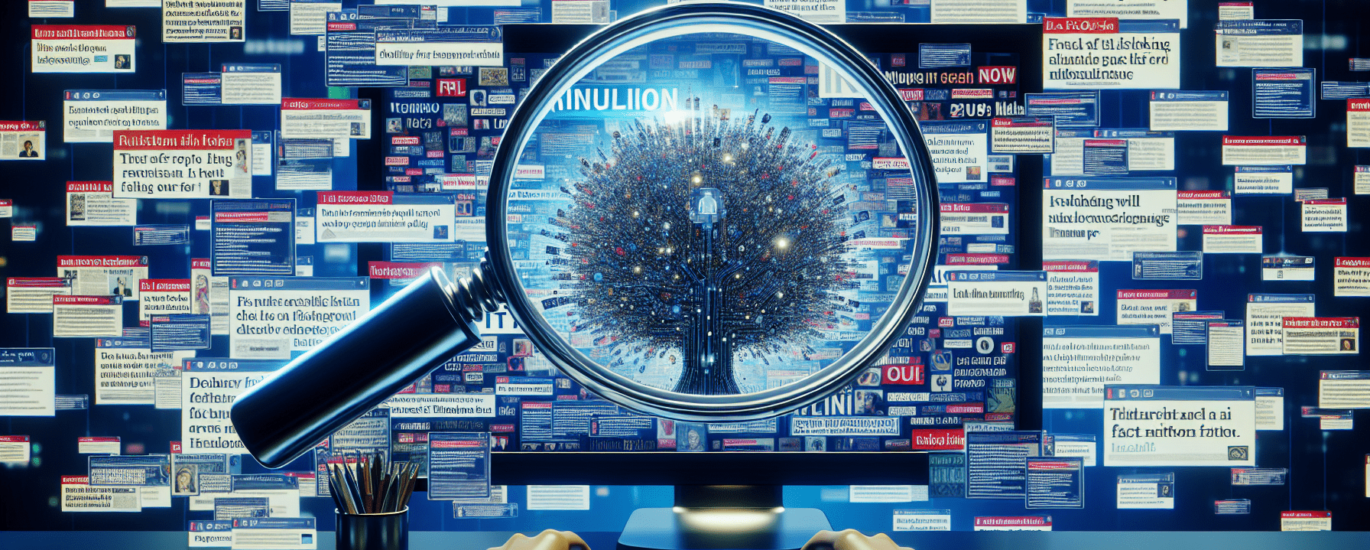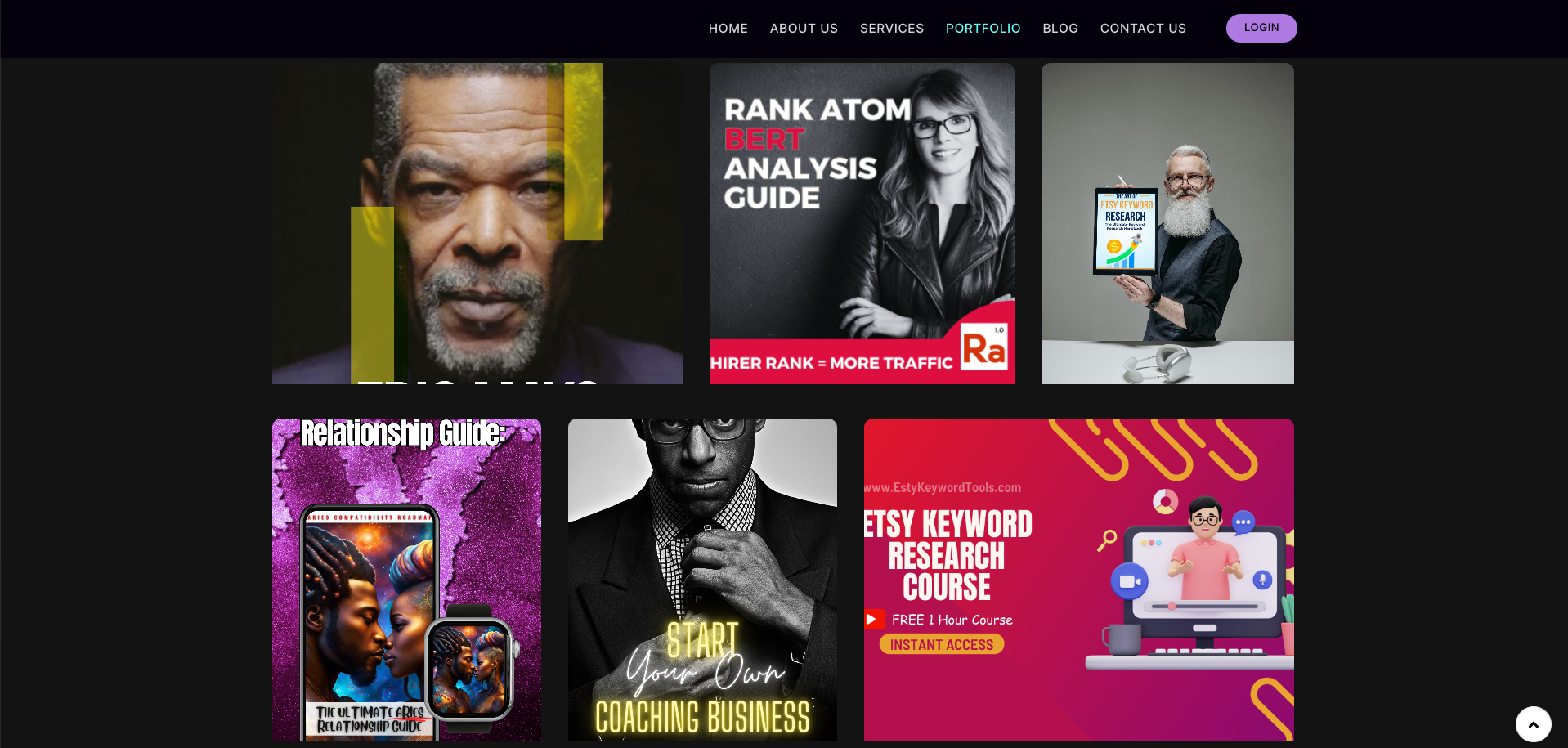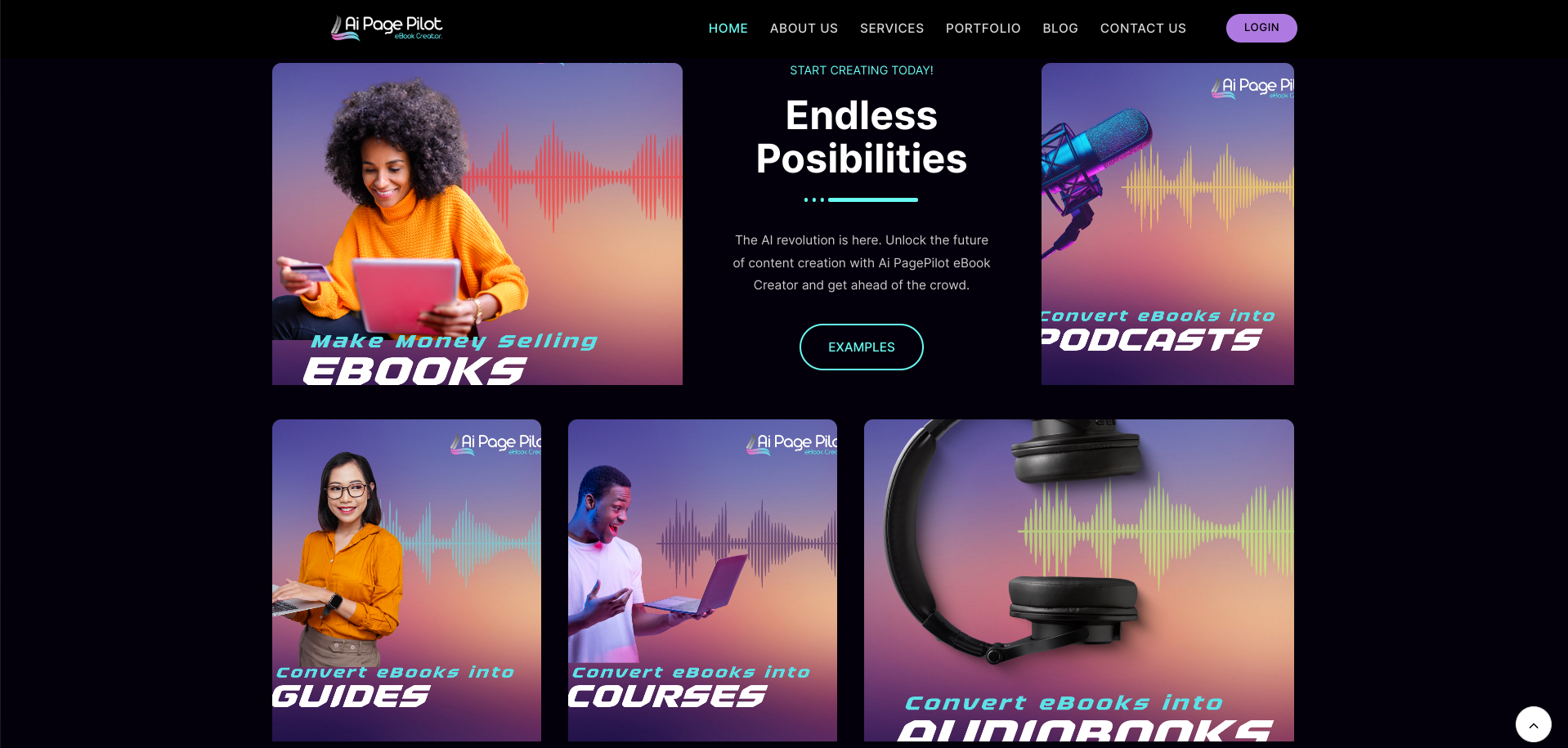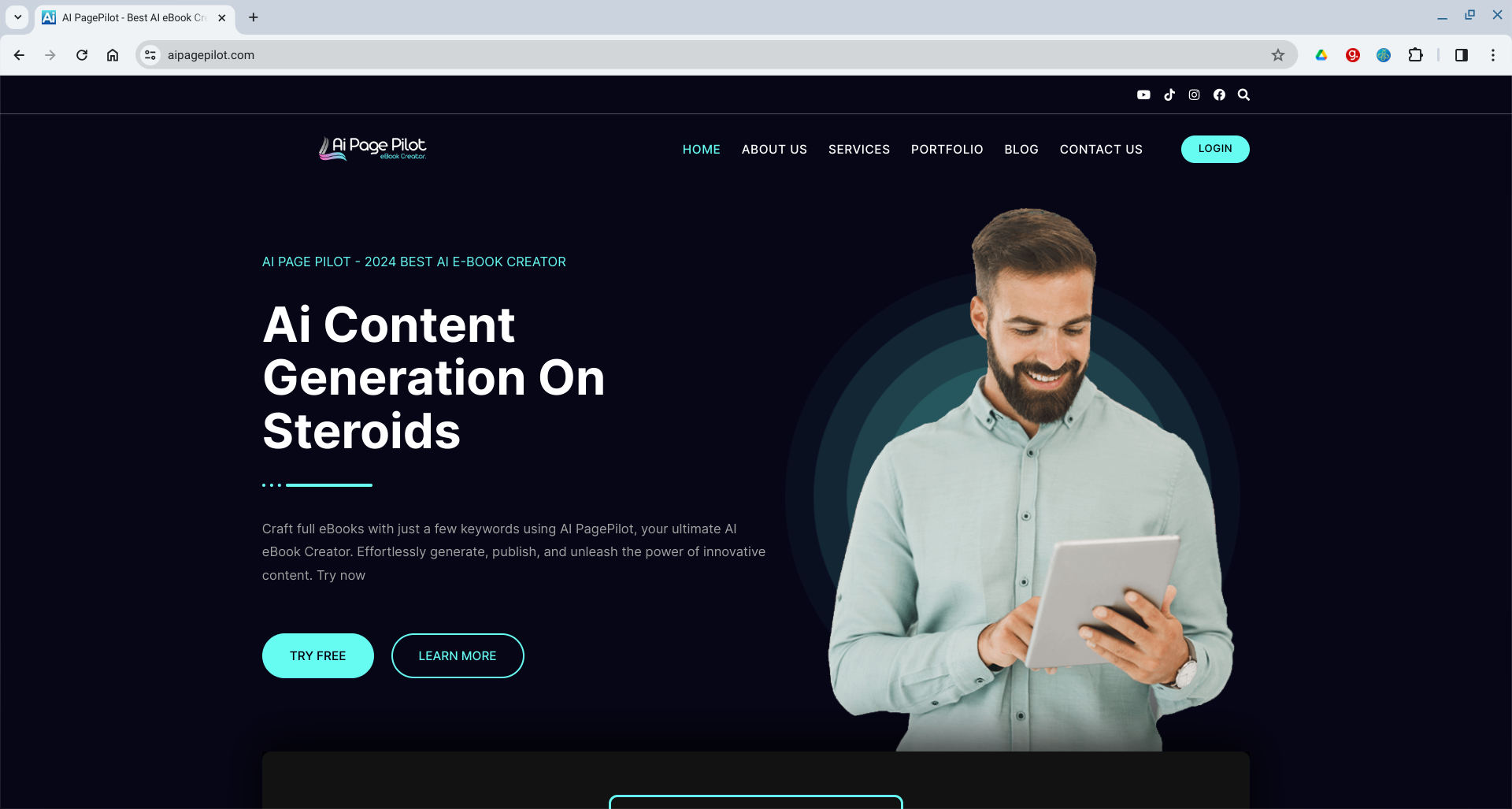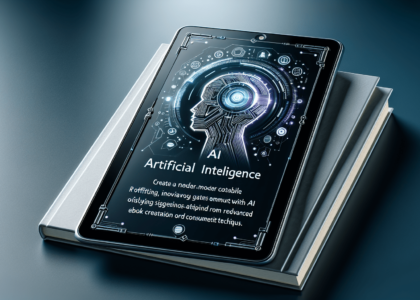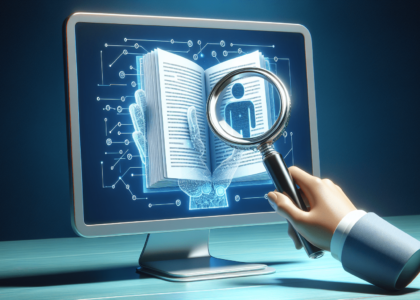Welcome to the fascinating world of fact-checking AI, where myths are debunked and information is verified with the help of artificial intelligence. In today’s digital age, it can be challenging to navigate through the vast amount of information available online. However, AI technology is here to assist in sorting out the truth from the falsehoods. From the AI Page Pilot eBook Creator to various fact-checking tools, these advancements are revolutionizing the way we consume and verify information. Let’s dive into how AI is transforming the landscape of fact-checking and ensuring the accuracy of the content we encounter. Have you ever come across a piece of information online and wondered if it was true or if it was just another myth or fake news? With the proliferation of misinformation on the internet, it can be challenging to separate fact from fiction. That’s where Fact-Checking AI comes in. In this article, we will explore how AI technology is being used to debunk myths and verify information, giving you the tools to navigate the vast sea of information available online with confidence.
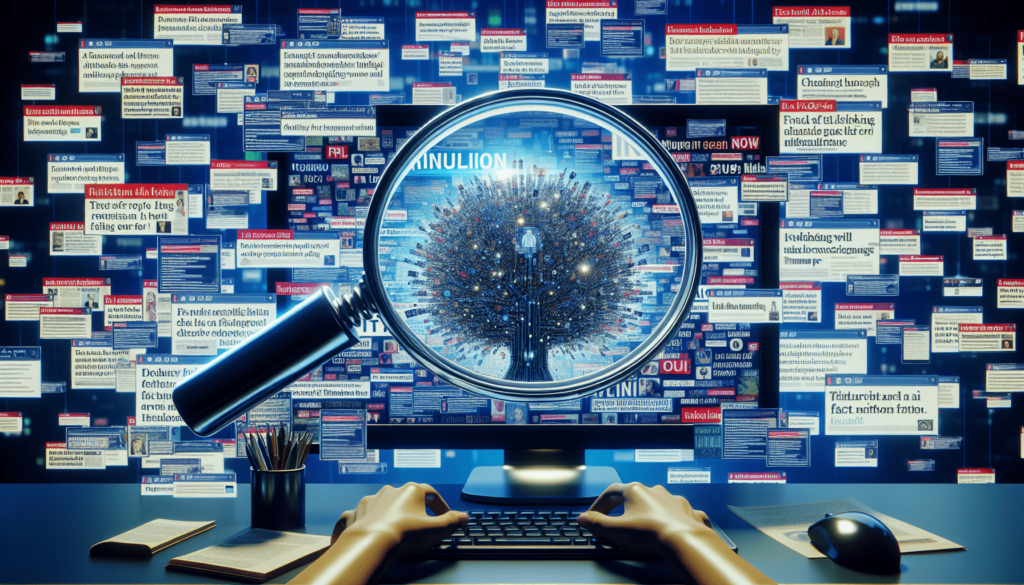
Understanding Fact-Checking AI
You may be wondering, how exactly does Fact-Checking AI work? Well, Fact-Checking AI utilizes artificial intelligence algorithms to analyze and verify the accuracy of information presented online. These algorithms are designed to search through vast amounts of data, compare sources, and cross-reference information to determine the credibility of a particular claim or statement. By automating this process, Fact-Checking AI can quickly flag misinformation and provide users with reliable information.
How Fact-Checking AI Categorizes Information
Fact-Checking AI categorizes information into different levels of credibility, ranging from verified information to fake news. By utilizing sophisticated machine learning algorithms, Fact-Checking AI can identify patterns and inconsistencies in the information presented, helping users discern between reliable and unreliable sources. This categorization system allows users to make informed decisions about the information they consume and share online.
Benefits of Fact-Checking AI
Fact-Checking AI offers a wide range of benefits that can help users navigate the complex landscape of online information. By leveraging AI technology, users can:
Save Time and Effort
Fact-Checking AI automates the process of verifying information, saving users time and effort in independently fact-checking claims. With just a few clicks, users can access accurate information without having to sift through endless sources and websites.
Combat Misinformation
In an era of fake news and misinformation, Fact-Checking AI plays a crucial role in combatting the spread of false information. By quickly identifying and flagging unreliable sources, Fact-Checking AI empowers users to make informed decisions and avoid falling victim to misinformation.
Promote Critical Thinking
By encouraging users to verify information before accepting it as true, Fact-Checking AI promotes critical thinking skills and digital literacy. Users are encouraged to question the credibility of the information they encounter online, fostering a more discerning approach to consuming information.
Common Myths About Fact-Checking AI
Despite its numerous benefits, Fact-Checking AI is often met with skepticism and misconceptions. Let’s debunk some common myths about Fact-Checking AI to help you better understand its capabilities and limitations.
Myth: Fact-Checking AI Is 100% Accurate
While Fact-Checking AI is a powerful tool for verifying information, it is not infallible. Like any technology, Fact-Checking AI has its limitations and may occasionally make mistakes. It’s essential to use Fact-Checking AI as a resource in conjunction with your critical thinking skills to ensure the accuracy of the information you encounter online.
Myth: Fact-Checking AI Can Replace Human Fact-Checkers
Fact-Checking AI is designed to assist human fact-checkers by automating the process of verifying information. However, it cannot entirely replace the human element in fact-checking. Human fact-checkers bring critical thinking skills, contextual knowledge, and nuanced understanding to the table, complementing the capabilities of Fact-Checking AI.
Myth: Fact-Checking AI Is Biased
Some skeptics believe that Fact-Checking AI may be biased in its evaluation of information. While it’s true that algorithms can have biases based on the data they are trained on, reputable Fact-Checking AI systems are designed to minimize bias and provide objective evaluations of information. It’s essential to use Fact-Checking AI tools from reputable sources to ensure unbiased results.
How to Use Fact-Checking AI Effectively
Now that you understand more about Fact-Checking AI and have debunked some common myths, let’s explore how you can use this powerful tool effectively to verify information and debunk myths online.
Choose Reputable Fact-Checking AI Tools
When using Fact-Checking AI tools, it’s crucial to choose reputable sources that use transparent methodologies and have a track record of accuracy. Look for Fact-Checking AI platforms that cite their sources, provide detailed explanations of their fact-checking processes, and are recognized by experts in the field.
Verify Information from Multiple Sources
To ensure the accuracy of information, it’s essential to verify it from multiple sources. Fact-Checking AI can help you cross-reference information and detect inconsistencies across different sources, giving you a more comprehensive understanding of the topic at hand. By verifying information from multiple sources, you can avoid confirmation bias and make more informed decisions.
Stay Updated on Fact-Checking Trends
The landscape of online misinformation is constantly evolving, making it essential to stay updated on the latest fact-checking trends and technologies. By following reputable fact-checking organizations and staying informed about emerging tools and techniques, you can enhance your fact-checking skills and effectively navigate the digital information ecosystem.
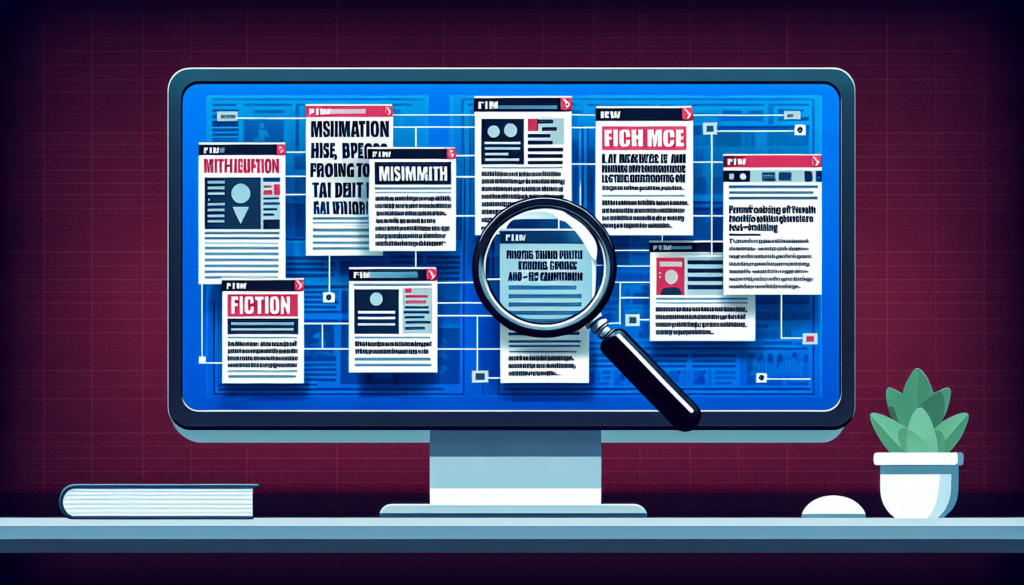
Fact-Checking AI Best Practices
To make the most of Fact-Checking AI and maximize its benefits, here are some best practices to keep in mind:
Be Skeptical of Sensational Headlines
Sensational headlines are a common tactic used to grab attention and generate clicks. When encountering sensational headlines, be skeptical and take the time to verify the information before sharing it. Fact-Checking AI can help you determine the credibility of the content behind the headline.
Verify Images and Videos
Images and videos can be powerful tools for spreading misinformation. Before sharing visual content online, be sure to verify its authenticity using reverse image search tools and video verification services. Fact-Checking AI can assist you in detecting manipulated images and deepfake videos.
Engage in Fact-Checking Communities
Joining fact-checking communities and platforms can help you stay informed about the latest misinformation trends and collaborate with others in verifying information. By engaging in fact-checking discussions and sharing resources, you can enhance your fact-checking skills and contribute to a more informed online community.
Conclusion
In a world of information overload and misinformation, Fact-Checking AI serves as a valuable tool for verifying information, debunking myths, and promoting critical thinking. By leveraging AI technology and best practices, you can navigate the digital landscape with confidence, knowing that you have the tools to distinguish fact from fiction. Stay informed, be skeptical, and use Fact-Checking AI as a resource to empower yourself and others in the quest for truth.

